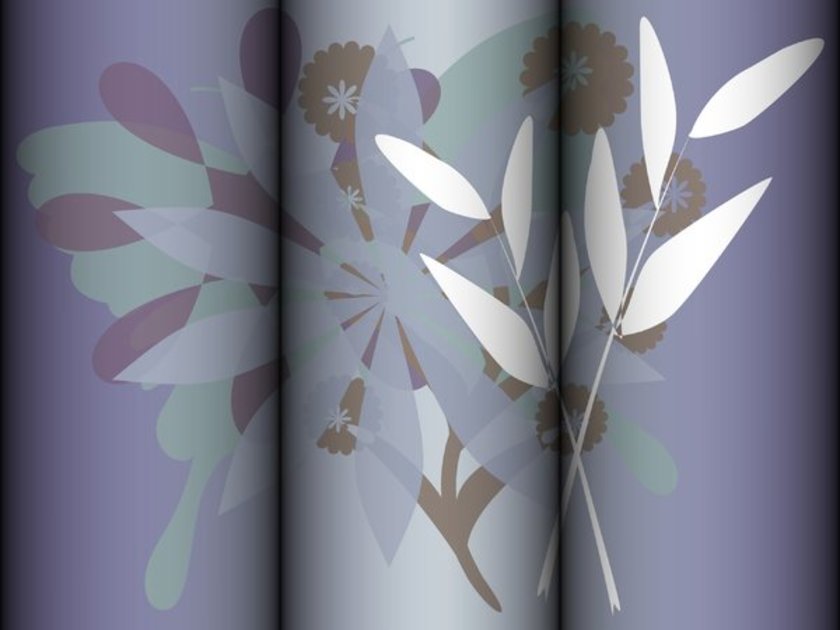
Violence towards Things – Parshat Shofetim
Things don’t feel. We know that. "And a rock feels no pain, and an island never cries," wrote Paul Simon.1 It is one of those truths that we live with. So who cares how we treat it? If we want to take inanimate objects and 'mistreat' them or abuse them that should be ok. Right? How about a child who mistreats his toys or breaks them – is that okay? Do we say "it's just things"? Do we get upset just because it’s a 'financial' issue and it will create a bother for us because we have to replace what was broken or is there something more to it?
Surprisingly, the Torah, which I always assume wants to bring us to a higher spiritual level deals with this seemingly trivial concept of needless destruction of things. It differentiates in this week's parsha, Parshat Shofetim, between fruit-bearing trees and non-fruit-bearing trees noting that the value of a fruit tree is considered higher and we should avoid chopping it down if possible.2 Yet, that does not give blanket permission for deforestation of fruitless trees. All trees have importance and we are not to take any of them lightly, comments the 19th century sage, Rabbi Hirsch. He notes the surprising use in the verse of the word 'destroy'. If the tree is to be cut down with the sole intention of destruction, it would certainly be forbidden. Only if there is a purpose in the cutting down of that specific non-fruit-bearing tree would it be permitted. The world is here for us to use positively, he continues. Even the fruitless tree is not to be destroyed needlessly. He expands this restriction to non-tree items as well so that, in fact, no item may be needlessly destroyed. Man is not to misuse his standing in the world for destruction whether due to bad temper, 'having a bad hair day' or simple carelessness. The world is here for us to use with wisdom and responsibility.
In his keynote address at the 20th International Congress of Logotherapy, Dr. Arun Gandhi, grandson of Muhatma Gandhi, spoke about taking care of the world around us. He told an amusing story of how his mistreatment of his pencil as a child was met by his grandfather with scorn. "Life is not just about existing but becoming better human beings," he quoted his grandfather as saying.3 Respecting the world around us is part of becoming better humans. Overindulgence, then, is a form of violence against nature.
The world is given to us to use to our own advantage. We are to build this world and improve it. Abusing that right is unfair to our own selves and our personal struggles for meaning.
We all live while searching for and fulfilling different meanings in our lives. Yet, any meaning we have in this life is not for our sake alone.4 Our own meaning is tied to self-actualization if and only if it is also 'other-directed'. That 'other' can be a person, a cause, art, nature, etc. But it must be 'other'. "How can we change the world for the better" is a question that we need to ask ourselves.
We shall not destroy the world. Not just because it is forbidden, but because we can make the world a better place. We can improve it. That is a responsibility and a privilege.
Click here to read another logoParsha article on Shofetim (Just Do It!)
Notes
- Paul Simon from Simon and Garfunkel. The song 'I am a Rock' appeared on the 'Bridge over Troubled Waters' album.
- Devarim 20:18-9
- Gandhi's address appears on LogoTalk radio hosted by Marshall Lewis. http://www.marshallhlewis.net/LogoTalk/LT77.mp3. This idea appears at around 12:30.
- Viktor Frankl writes about this in numerous places. It is based on the second of the 3-part saying of Hillel the Sage – "and when I am for myself (alone), who am I?" Avot 1:8
Have A Great Shabbat!![]()
For More Information On Logotherapy And How You Can Create A Fuller, More Meaningful Life, Or To Book An Online Session,
- Call Me At +972-54-589-3399, or in Israel 054-5893399
- Contact Me Thru my email at [email protected]

 Previous
Previous

